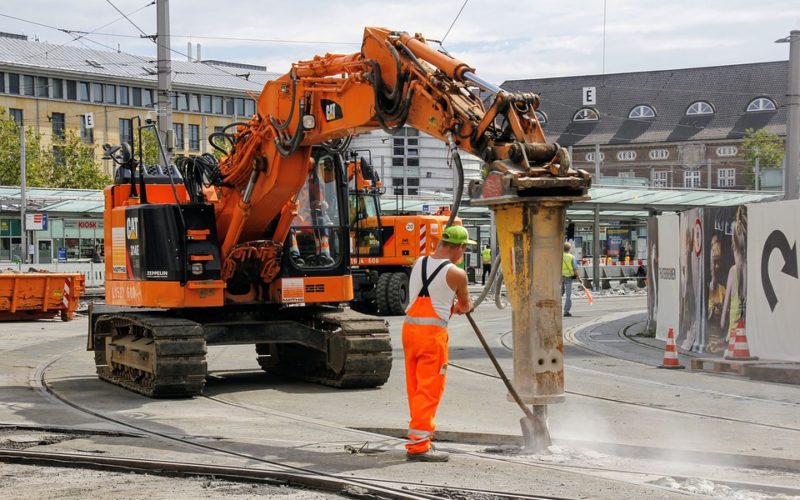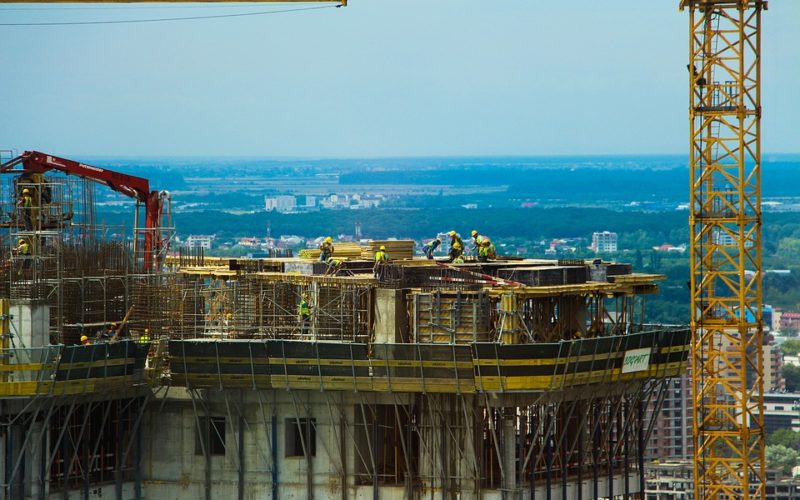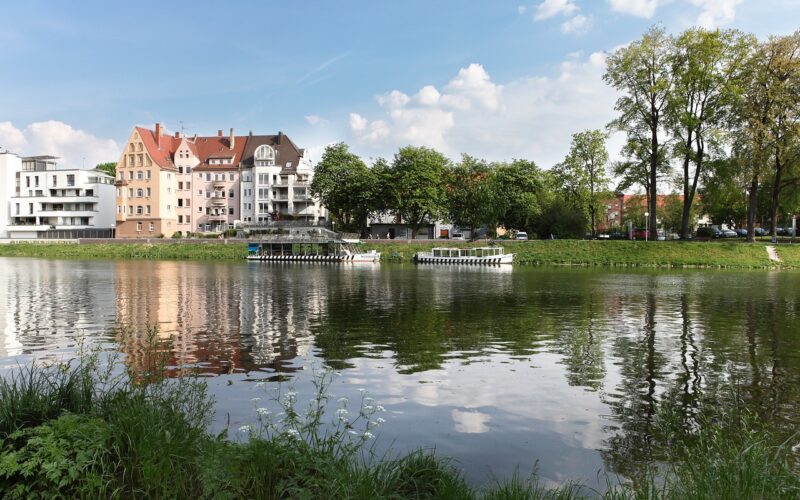Development companies often have their own plans already fully made when they propose a project, but local government and third party objections can create issues as they try to get their permits. When their input is considered, compromises to satisfy all parties are often made. There is often a change of plans before the final agreement is reached, but it now an expected part of doing business in the modern world.
There are different types of developments, and their impact on an area can vary widely. A housing development will add a great deal of traffic to an area during many hours of the day, but a commercial project where the majority of workers will be there only during normal business hours creates other traffic issues. Looking at just these two factors can bring out objections from many different sectors of society, and they must all be addressed before a local government will issue permits.
Many have been the times when a development company has redesigned their plans to accommodate local issues, and it can be a good outcome for all involved. A company might have hired the developers to build a new location, and they will need local workers. If they are willing to work with local government to make beneficial changes, they are often seen as a good future employer, and they will have an easier time hiring once their project is complete. It is all part of what companies look for when construction begins.
There are some projects that will get sidelined for a while, and others might be taken off the table as too expensive or objectionable. These developments could move to another area where they might be more welcome, or a company could choose to take over an already established area to avoid the restrictions and difficulties posed by local governments and residents.























